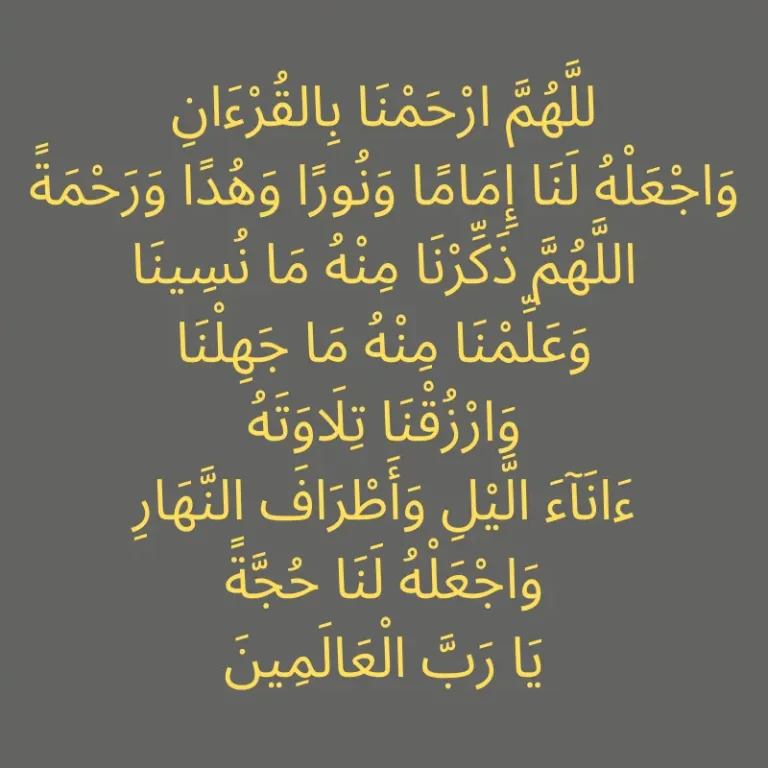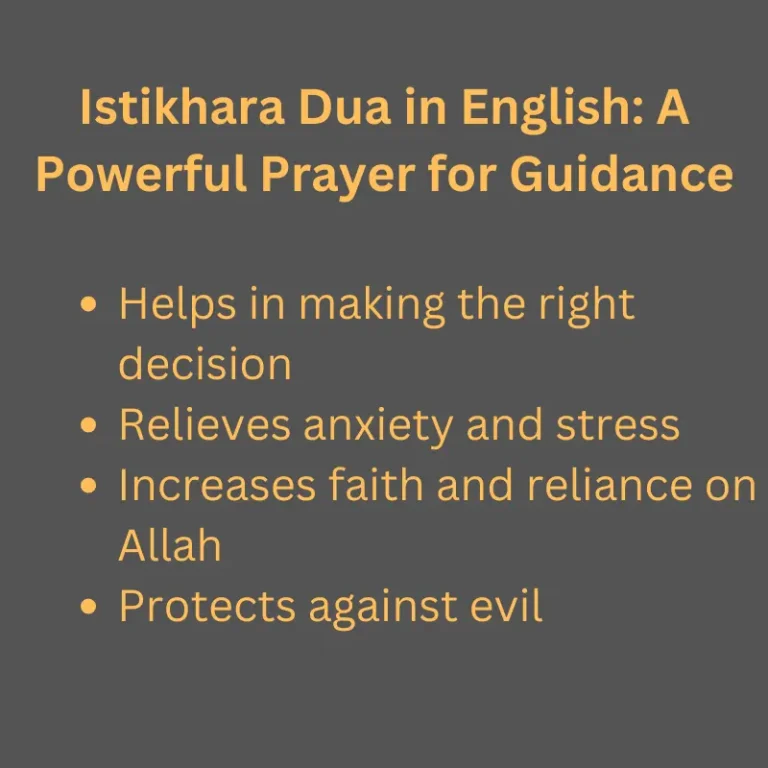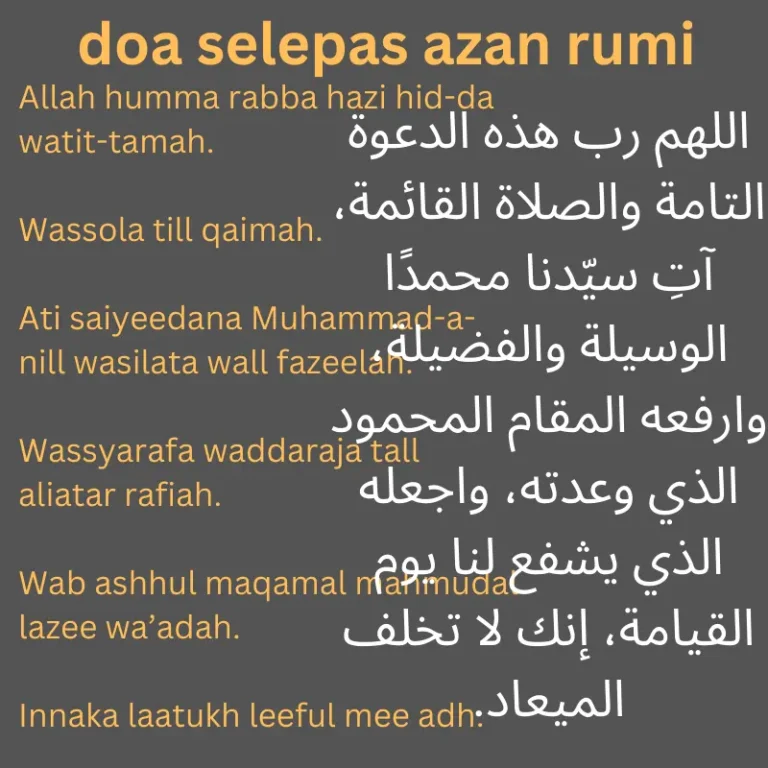Powerful Duas for Forgiveness
We need duas for forgiveness because forgiveness is crucial to our relationship with the Divine. As human beings, we are prone to making mistakes and committing sins. These mistakes can lead to spiritual and moral harm and damage our relationship with Allah. This article will discuss different duas for forgiveness from Allah Almighty.
Duas for Forgiveness From the Quran
ASTAGHFIRULLAH 100 TIMES
“Astaghfirullah” is an Arabic phrase that translates to “I seek forgiveness from Allah.” It is a common invocation used by Muslims to seek repentance and seek forgiveness for their sins. While it is highly recommended to engage in sincere repentance and seek forgiveness from Allah.
“Rabbanaa faghfir lana thunoobana wa kaffir ‘anna sayyiaatinaa wa tawaffanaa ma ‘al abraar.”
“Our Lord, forgive us our sins and remove from us our misdeeds and cause us to die with the righteous.” (Quran 3:193)
This is a dua from the Quran, specifically from Surah Al-Imran (Chapter 3), verse 193. It is a heartfelt plea to Allah, asking for forgiveness, the removal of our sins, and a righteous ending to our lives.
When reciting this dua, Muslims are expressing their desire to seek forgiveness for their sins, asking Allah to wipe away their transgressions and cleanse their hearts. Additionally, they are requesting a blessed and righteous end to their lives, surrounded by those who are pious and devoted to Allah.
“Rab-bana innanā amana, fagh fir lana, dhunoobana wa-qinna ‘azhāāban-naar”
رَبَّنََآ إنَّنَآ ءَاَمنَّا فَاغْفِرْ لَنَا ذُنُوبَنَا وَ قِنَا عَذَابَ النَّارِ
“Our Lord, indeed we have believed, so forgive us our sins and protect us from the punishment of the Fire.” (Quran 3:16)
This supplication from the Quran, specifically from Surah Al-Imran (Chapter 3), verse 16, is a plea to Allah for forgiveness and protection from the punishment of Hellfire. When reciting this dua, believers express their faith in Allah and acknowledge their belief in Him. They humbly seek His forgiveness for their sins, recognizing their own shortcomings and asking for His mercy and pardon.
La illaha illa Anta Subhanak, inni kuntu min adh-dhalimeen
لَّا إِلَهَ إِلَّا أَنتَ سُبْحَانَكَ إِنِّي كُنتُ مِنَ الظَّالِمِينَ
“There is no deity except You; exalted are You. Indeed, I have been of the wrongdoers.” (Quran 21:87)
This statement, known as the “Dua of Yunus” or the “Supplication of Jonah,” is mentioned in the Quran in Surah Al-Anbiya’ (Chapter 21), verse 87. It is a humble admission of Prophet Yunus (Jonah) when he found himself in a difficult situation after attempting to flee from his mission. When reciting this dua, a person acknowledges the oneness of Allah and affirms that there is no deity worthy of worship except Him. They proclaim the greatness and exaltation of Allah, recognizing His infinite attributes and perfection.
Rabbana thalamnaa anfusanaa wa illam taghfir lanaa wa tar hamnaa lanakoo nunna meen al khasireen.
رَبَّنَا ظَلَمْنَآ أَنفُسَنَا وَإِن لَّمْ تَغْفِرْ لَنَا وَتَرْحَمْنَا لَنَكُونَنَّ مِنَ ٱلْخَٰسِرِينَ
“Our Lord, we have wronged ourselves, and if You do not forgive us and have mercy upon us, we will surely be among the losers.” (Quran 7:23)
This supplication from the Quran, specifically from Surah Al-A’raf (Chapter 7), verse 23, is a heartfelt plea to Allah for forgiveness, mercy, and protection from being among the losers. When reciting this dua, believers acknowledge their own shortcomings and admit that they have wronged themselves through their actions and choices. They turn to Allah seeking His forgiveness, mercy, and compassion.
Duas for Forgiveness From the Hadith
“Allahummagh firli thanbi kullahu diqqahu wa jillahu wa awwalahoo wa akhirahoo wa ‘ala niyyatahoo wa sirrahoo.”
“O Allah, forgive me for all my sins, the small and the great, the first and the last, the apparent and the hidden, in intention and in secret.”
It is a heartfelt plea for forgiveness, acknowledging that all sins, whether apparent or hidden, intentional or unintentional, should be forgiven by Allah. This prayer reflects the deep remorse and desire for purification, seeking mercy and absolution from Allah for all wrongdoings committed throughout one’s life, both openly and privately.
Allhumma innaka afuwwun tuhibbul afwa fa’fu anni
“O Allah, You are the Most Forgiving, and You love to forgive. So forgive me.”
It is an earnest request for Allah’s forgiveness, acknowledging His attribute of being the Most Forgiving and His inclination to forgive His servants. The supplicant humbly seeks Allah’s mercy, asking for pardon and absolution from their sins. It reflects the recognition of Allah’s boundless mercy and the hope for His forgiveness, imploring Him to pardon their transgressions and grant them spiritual purification.








